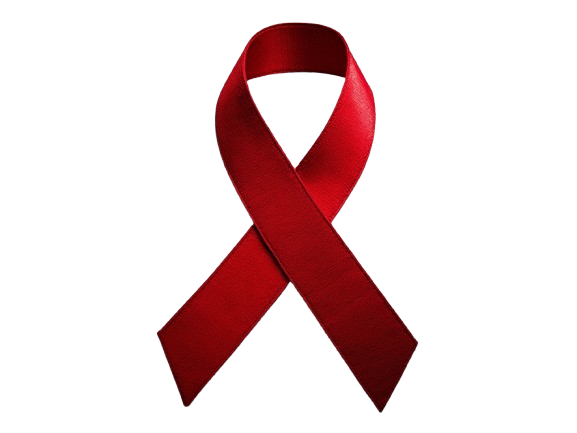Hiv/Aids
What is Hiv/Aids
AIDS is the late stage of HIV infection, when the body’s immune system is severely damaged. It’s diagnosed when the CD4 cell count drops below 200 cells per cubic millimeter of blood or when certain opportunistic infections or cancers develop.

How is it Transmitted
HIV can be transmitted through certain body fluids: blood, semen, pre-seminal fluid, rectal fluids, vaginal fluids, and breast milk. The most common modes of transmission include unprotected sexual contact, sharing needles or syringes, and from mother to child during birth or breastfeeding.

